
The AIgorythm project

Playwright and actor
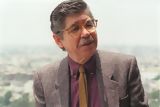
Novelist

Writer and poet

Volleyball player

Italian-Peruvian naturalist and geographer

Singer and percussionist

Last Inca emperor

Politician, former prime Minister

Journalist and TV host
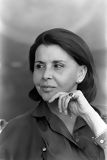
Poet

Inca warrior
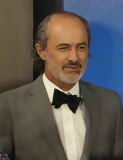
Actor and comedian

Biophysicist

Poet

Doctor and researcher
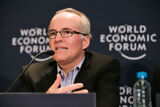
Businessman, Interbank group

Journalist and writer
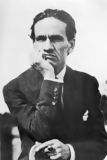
Poet and writer
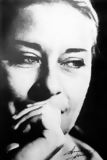
Singer and songwriter
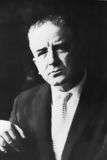
Writer

Film director, Berlin Golden Bear winner

Football player
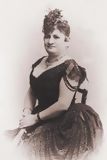
Writer and journalist
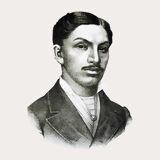
Doctor and scientist

Photograph

Chess player

Industrialist
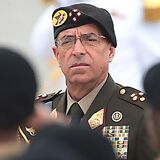
Former general

Specialist in public health

Actress and singer
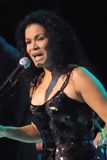
Afro-Peruvian music singer

Mathematician and engineer

Indigenous chronicler

Neurologist and anthropologist

Painter

Football player
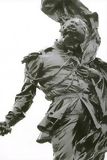
National hero, military leader

Intellectual and reformer
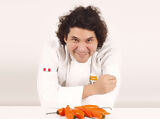
Chef and entrepreneur
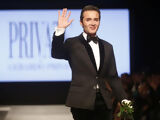
Fashion designer
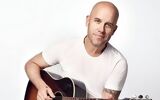
Singer-songwriter

TV presenter

Marathon runner

Indigenous Peruvian chronicler

Theologian

Former national team captain

Economist and former health minister

Inca princess

Writer and television host

Folk musician

Poet and guerrilla
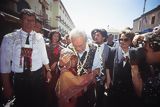
Former UN secretary-general

Chef, known for fusion cuisine

Football player

Peruvian aviation pioneer

Poet and artist
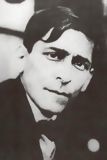
Marxist philosopher and writer

Industrialist and businessman
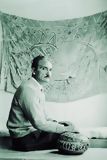
Novelist and ethnologist

Painter and muralist

Opera tenor

Fashion designer

Cardinal of Lima

Peruvian tennis player

Football coach

Leader of the indigenous rebellion
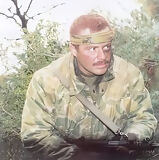
Military hero

Latin singer
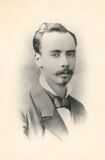
War of the Pacific hero

The youngest mother in history

Politician
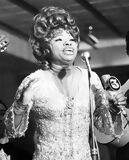
Creole music singer

Tennis player
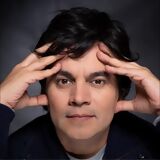
Musician

Writer and politician

Politician and founder of the Christian Democratic Party

Founder of Sodalitium Christianae Vitae

Archaeologist and anthropologist
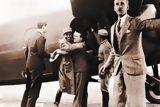
Military leader and politician

Television host
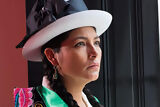
Actress and singer
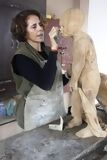
Contemporary sculptor
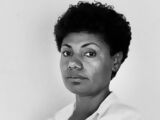
Women’s rights activist

Beauty queen

Astrophysicist

Heroine of independence
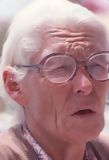
Mathematician and archaeologist

Historian and anthropologist
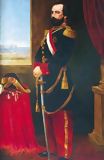
Military figure and historical figure
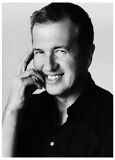
Fashion photographer
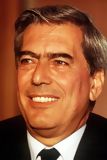
Writer, Nobel Prize in Literature, Politician

Revolutionary leader
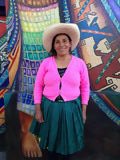
Environmental activist

Leader of the indigenous rebellion
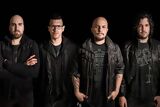
Musician from Gaia band
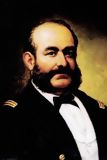
War hero
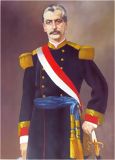
Military leader and politician

Chef, known for Nikkei cuisine

Volleyball coach and former player

Environmental activist

Television personality

Writer
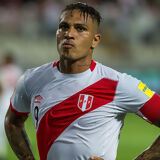
Football player

Epidemiologist and former health Minister

Inventor and aerospace pioneer

Soldier and inventor
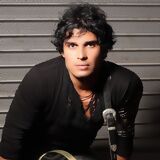
Rock singer

Chef and co-owner of Central restaurant

Painter

Football player

TV presenter and actress
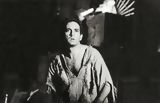
Actor
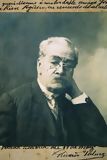
Writer and historian

Journalist and lawyer

Archaeologist, founder of Caral site
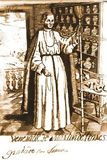
Monk and Saint
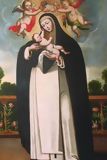
Saint, patron of Latin America

Physicist and engineer

World champion surfer

Actress

Oncologist
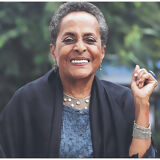
Singer, Latin Grammy winner

Former mayor of Lima
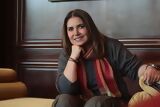
Singer

Actress

Former football player

Painter
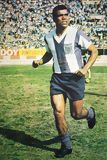
Former football player

Painter

Inca leader

Archbishop, saint
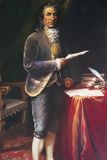
Leader of the indigenous rebellion

Revolutionary indigenous leader

Diplomat and intellectual

Sculptor and painter
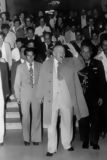
Political leader, founder of APRA

Lawyer and Former prime minister

Chef of Central restaurant
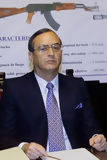
Former head of secret services

Popular singer

Fashion designer

Exotic music singer
Juan Landázuri Ricketts, born on December 19, 1913, in Arequipa, Peru, was one of the most influential figures in the 20th-century Peruvian Catholic Church. Serving as Archbishop of Lima for more than 30 years, from 1955 to 1989, he played a key role in modernizing the Church in Peru while being a strong advocate for the rights of the poor and marginalized. He is best known for his involvement in the Second Vatican Council and his efforts to promote social justice in a country marked by inequality.
Juan Landázuri was born into a deeply religious family of Spanish and British descent. From a young age, he showed a strong interest in religious life, joining the Franciscan order in 1927. He pursued his theological studies in Spain and Italy before being ordained as a priest in 1939. His early years as a priest were marked by a deep commitment to the poor and a strong devotion to the Christian faith.
In 1955, at the age of 42, Juan Landázuri Ricketts was appointed Archbishop of Lima, a position he would hold for more than three decades. As archbishop, he undertook the task of reforming the Church in Peru to adapt it to the country’s social and economic changes. He promoted a Church that was closer to the poor and supported initiatives aimed at improving the living conditions of the underprivileged. His leadership was marked by a deep commitment to social justice and inclusion.
Juan Landázuri Ricketts played an important role in the Second Vatican Council (1962-1965), a historic event that transformed the Catholic Church worldwide. He was a strong advocate for Church reform, supporting a more pastoral approach that was open to dialogue with the modern world and responsive to the social realities of the time. His ideas helped shape the direction of the Church in Latin America, especially by emphasizing the preferential option for the poor.
Landázuri Ricketts dedicated much of his ministry to defending the rights of the poor and denouncing social injustices. He encouraged the Church to actively engage in the fight against poverty, inequality, and social exclusion, often standing in opposition to the political and economic elites of Peru. He was a pioneer of liberation theology in Latin America, although he sought to avoid ideological divisions, advocating instead for an approach centered on love and justice.
As an influential religious figure, Juan Landázuri Ricketts played a key role in peace and reconciliation efforts during periods of social and political conflict in Peru. He was a moderating voice, calling for dialogue between the different political and social factions in the country, while firmly defending the rights of the most vulnerable populations. His commitment to peace and justice made him a respected figure not only within the Church but also in Peruvian society.
Juan Landázuri Ricketts remained Archbishop of Lima until his retirement in 1989. He passed away in 1997, leaving behind a legacy of compassion, social justice, and ecclesiastical reform. His influence continues to be felt today, not only through the reforms he promoted but also in the way the Peruvian Church continues to position itself as a force for social justice and the defense of the poor. His commitment to a more inclusive Church, closer to the people, remains a model for many priests and bishops across Latin America.